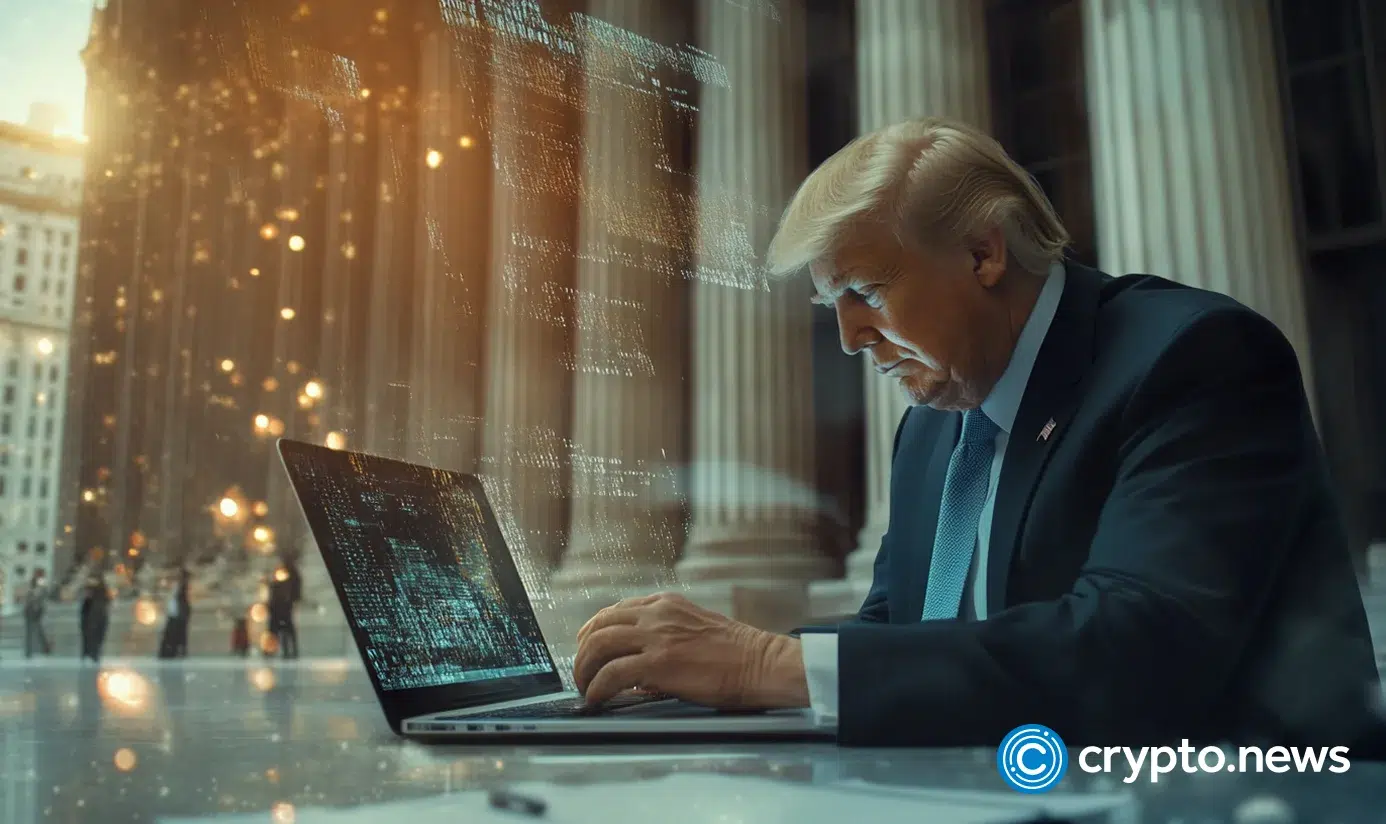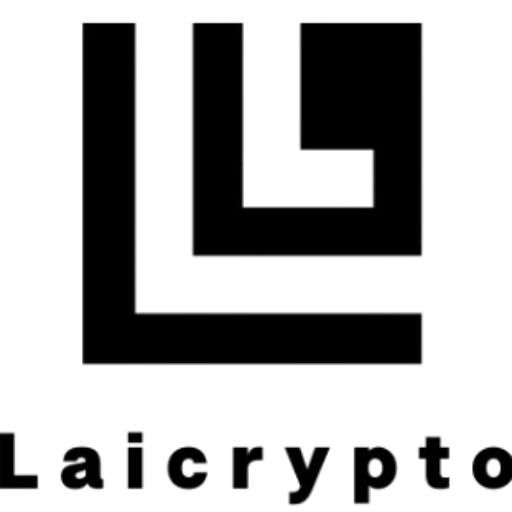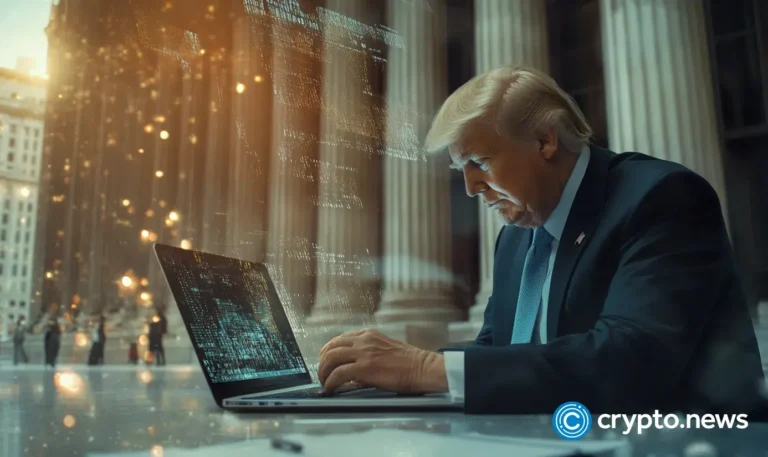
In a sweeping move hailed by crypto advocates, President Trump signed an executive order barring federal agencies from pressuring banks to cut off entire industries—a tactic critics dubbed “Operation Chokepoint 2.0.” The order marks a decisive win for firms long frozen out of the financial system, particularly in digital assets, but legal analysts warn that regulators could still target individual companies under the guise of risk management.
Summary
- For years, the FDIC pressed banks to deny services to clients involved in crypto transactions
- Donald Trump signed an executive order titled “Guaranteeing Fair Banking for All Americans,” prohibiting such practices
- Nic Carter warns banks may continue to deny services, unlawfully disguising politically motivated denials as business-driven
Operation Chokepoint 2.0 is cancelled
While Operation Chokepoint was never officially confirmed as critics described, the allegations gained traction in early 2023 when venture capitalist Nic Carter and others claimed U.S. regulators were informally pressuring banks to cut ties with crypto firms. They cited account closures, regulatory warnings about crypto risks, and heightened scrutiny of bank–crypto relationships after the collapses of Silvergate, Signature, and Silicon Valley Bank.
The new anti-debanking executive order is therefore considered a win for the U.S. crypto community. The main statement of the Guaranteeing Fair Banking for All Americans order reads:
“It is the policy of the United States that no American should be denied access to financial services because of their constitutionally or statutorily protected beliefs, affiliations, or political views, and to ensure that politicized or unlawful debanking is not used as a tool to inhibit such beliefs, affiliations, or political views. Banking decisions must instead be made on the basis of individualized, objective, and risk-based analyses.”
The order isn’t aimed at solely protecting the cryptocurrency space. It mentions the Obama-era Operation Chokepoint that, they allege, targeted political opponents (the initiative focused on rooting out fraud).
With the so-called Biden-era Operation Chokepoint 2.0, the crypto community claimed that certain hedge funds and other organizations were blocked from banking services because of their involvement with digital assets.
Often, these clients were kept unaware of the reasons behind the service denial. Some were told it’s because of crypto. Coinbase’s Chief Legal Officer, Paul Grewal, pointed out that businesses not involved in crypto operations didn’t face such problems.
Carter, as well as Sen. Cynthia Lummis, Paul Grewal and prominent crypto advocate Caitlin Long attempted to shed light on the unlawful practices mostly coming from the Federal Deposit Insurance Corporation, with evidence stemming from the documents obtained via Freedom of Information Act request.
Soon, the issue was brought to the attention of the government. The Securities and Exchange Commission chairman Jerome Powell criticized the FDIC’s guidelines. Trump expressed his negative stance on the debanking too. Vice President JD Vance prematurely declared Operation Chokepoint 2.0 dead back in May 2025. Caitlin Long criticized Vance, stating it was an exaggeration because the tools targeting the crypto industry were still in place.
Notable reactions to the order
Long was among those who commented on the anti-debanking executive order. Long said it has some “hidden gems” and lauded the White House’s understanding that federal banking regulators are not the ones to trust.
Long points out that the order creates an overseer entity, the Small Business Administration, outside of the banking sphere that will be supervising banks to make sure they are not denying services. Caitlin Long stresses that it means that the White House doesn’t trust the agencies that existed before: the Federal Reserve, the Office of the Comptroller of the Currency, and the FDIC.
She notes that the person appointed to head SBA, Kelly Loeffler, is a bitcoiner, meaning that the interests of crypto businesses are now better protected. Long points out that the law doesn’t include the word “crypto” at all and contains a broad notion of “politicized or unlawful debanking.” We are yet to see if such a broad definition will be misused.
The lack of accuracy in determining what is unlawful debanking was moderately criticized by Nic Carter. According to him, the concerning type of debanking is denying the services to a client because the bank considers that serving this entity is politically too risky, even though the entity is law-abiding.
Carter refers to Cato’s Nick Anthony post, in which he outlined the difference between governmental and operational debanking. The latter is based on the business decisions, for instance, if clients cannot pay for the services or shareholders protest providing services to some clients (for example, in 2019, following criticism, JPMorgan decided to stop financing private prisons).
In contrast, governmental debanking is when the government pressures banks to deny services to some clients based on political preference. It can occur via direct request or by adopting some policies targeting certain bank clients.
According to Carter, the order “will prove difficult to determine whether a bank fired a client because of their political views or line of work, or because the bank viewed that client as excessively costly (potentially due to regulatory pressure).” He corroborated:
“Who is to say […], whether the client was fired because they were donating funds to crowdfunding in Gaza or because the bank felt that that would entail additional burdensome compliance costs for maintaining the account? Regulators aiming to redline certain industries could, in theory, continue to make debanking certain clients into a (rational) business decision, rather than a discretionary one. My proposed solution, as we will cover, is to focus more on regulatory transparency and fairness, rather than zeroing in on the banks themselves. The EO does leave some wiggle room here, delegating more analysis to the Treasury.”
So, while Sen. Lummis has already declared that Operation Chokepoint 2.0 will never happen again, Carter proposes solutions to abolish it completely, which haven’t happened yet, according to him.
Carter continues, saying “banks need to be able to close accounts rather than being stuck serving unprofitable or excessively risky clients.” Carter’s solution is rather forcing banks to be more transparent and accountable, so that clients would know, in a timely and precise manner, why they are being fired, etc.
More than that, Carter calls for removing the “confidential supervisory information” seal. Banks should be incentivized to stay accountable and transparent, he argues. Yet, the executive order leaves space for future politically motivated debanking disguised as operational debanking, as the decisions will be made by banks.



